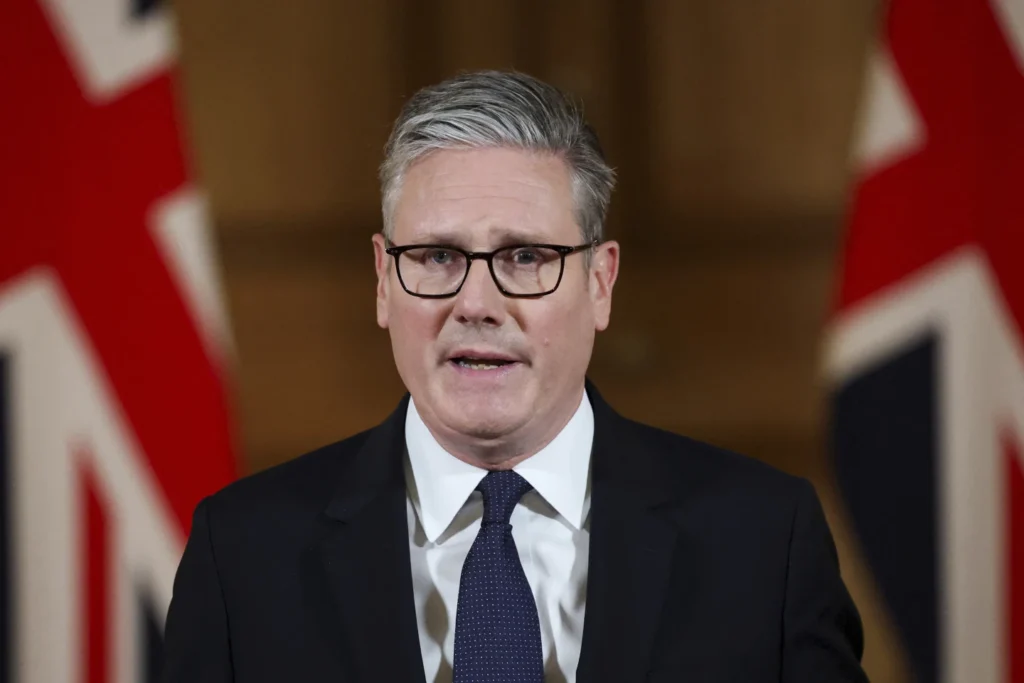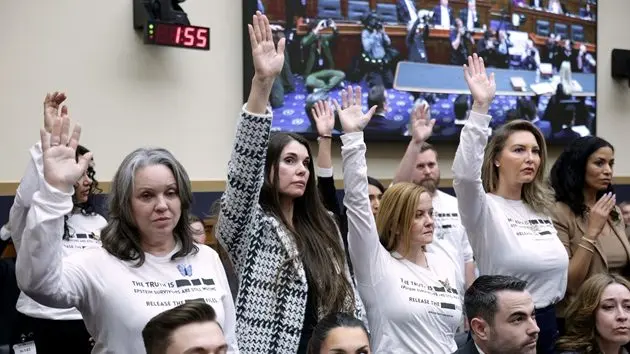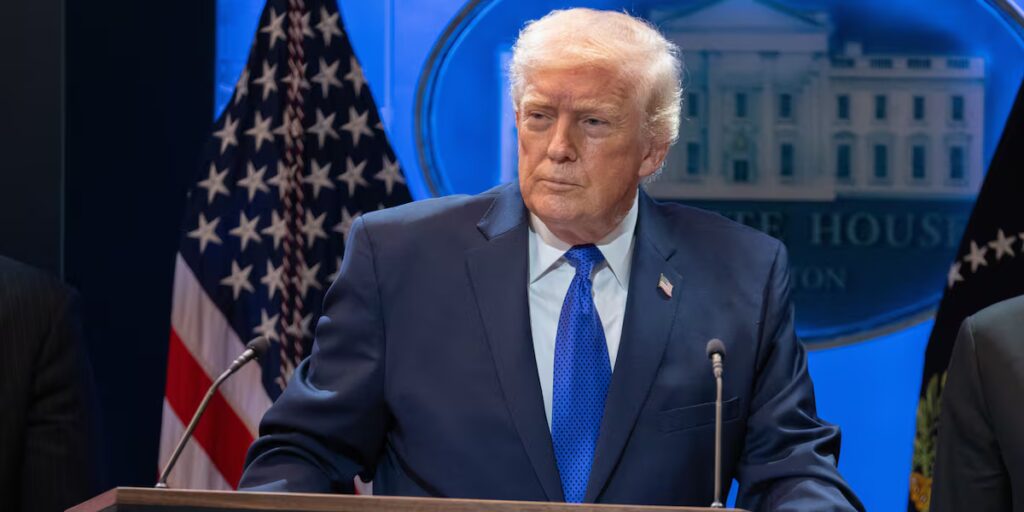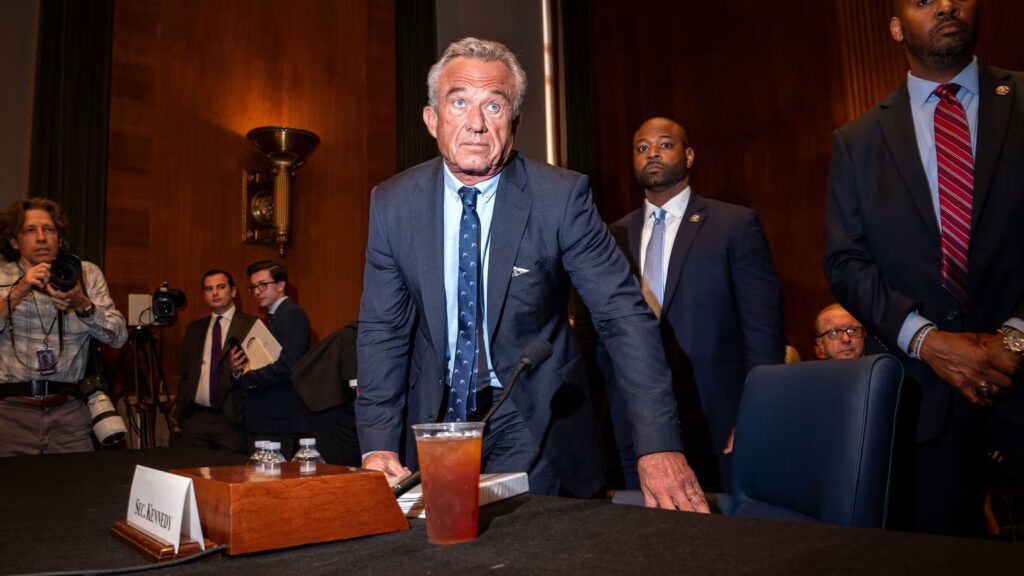UK Palestinian State Recognition 2025 Set for September

UK Palestinian State Recognition 2025: Diplomatic Pressure on Israel Grows
The United Kingdom will formally recognize a Palestinian state this September unless Israel agrees to a ceasefire in Gaza, halts settlement expansion in the West Bank, and commits to a two-state solution. The decision follows a similar declaration by France, with both nations aiming to revive peace efforts and respond to the ongoing humanitarian crisis in Gaza.
Starmer’s Announcement Sets Conditions for Peace
Prime Minister Keir Starmer stated that recognition would proceed unless Israel “takes substantive steps to end the appalling situation in Gaza,” including restarting U.N. aid and halting annexation plans in the West Bank. He also called on Hamas to release hostages and disarm but did not make these conditions for recognition, noting Hamas has no role in a two-state future.
Historical Shift in UK Policy
While the UK has long supported Palestinian statehood as part of a negotiated peace, recent escalations have forced a policy shift. UK officials cite the devastation in Gaza and Israel’s rapid expansion of West Bank settlements as reasons for urgency. Cabinet Minister Heidi Alexander told Times Radio: “The moment to act is now.”
Growing Domestic and International Support
Domestically, pressure is mounting. Over 250 MPs signed a letter supporting recognition, and polls show more Britons favor statehood than oppose it. Internationally, the move could gain momentum as Malta and other EU members consider similar recognition by September.
Polarized Reactions
Israel quickly condemned the UK’s decision. Prime Minister Benjamin Netanyahu said the move “rewards Hamas’s monstrous terrorism.” Families of Israeli hostages also criticized the plan, calling it a moral failure. In contrast, the Palestinian Authority welcomed the announcement as a long-overdue step toward justice and self-determination.
Historical Legacy Shapes UK Role
Foreign Secretary David Lammy referenced Britain’s historical responsibility stemming from the 1917 Balfour Declaration. He described the current situation as a “historical injustice” that continues to unfold. While the UK holds limited economic influence over Israel, it has suspended arms shipments and trade talks in protest of the war.
Diverging Views in Europe and the U.S.
Germany remains opposed to immediate recognition, preferring to wait for a formal peace agreement. Meanwhile, U.S. President Donald Trump offered no clear position, stating only, “We have no view on that.”
Yossi Mekelberg of Chatham House noted that recognition by the UK or France alone isn’t enough without support from the U.N. Security Council. “The global majority may support statehood, but that doesn’t make it real,” he said.
Source: AP News
: 279







